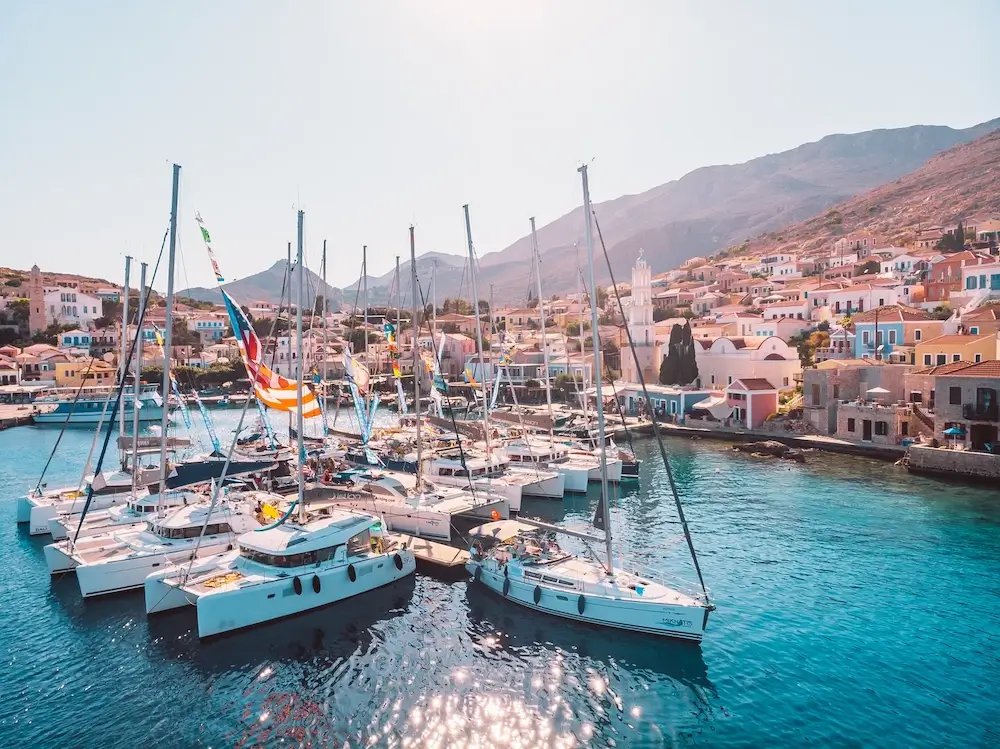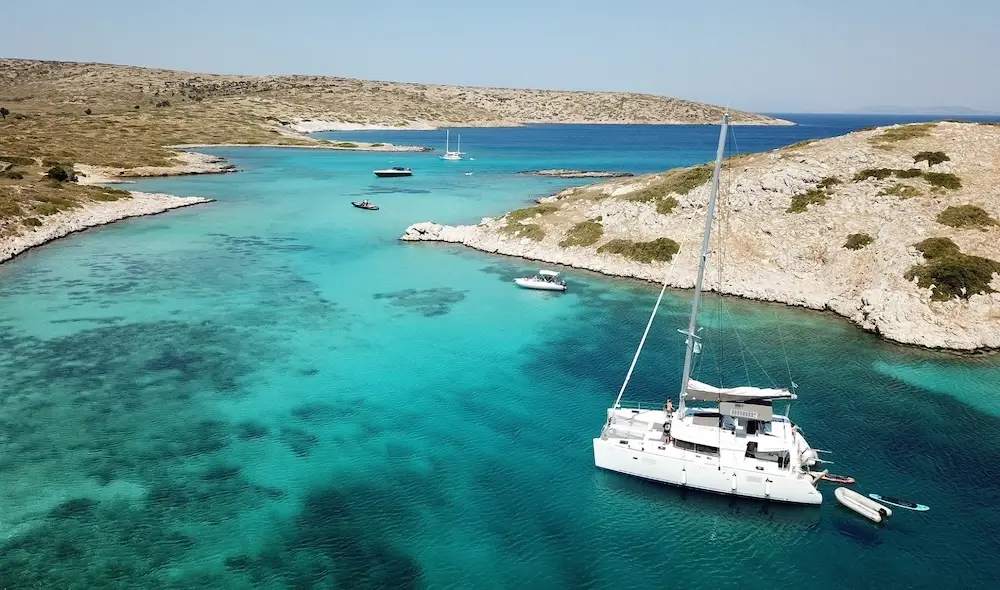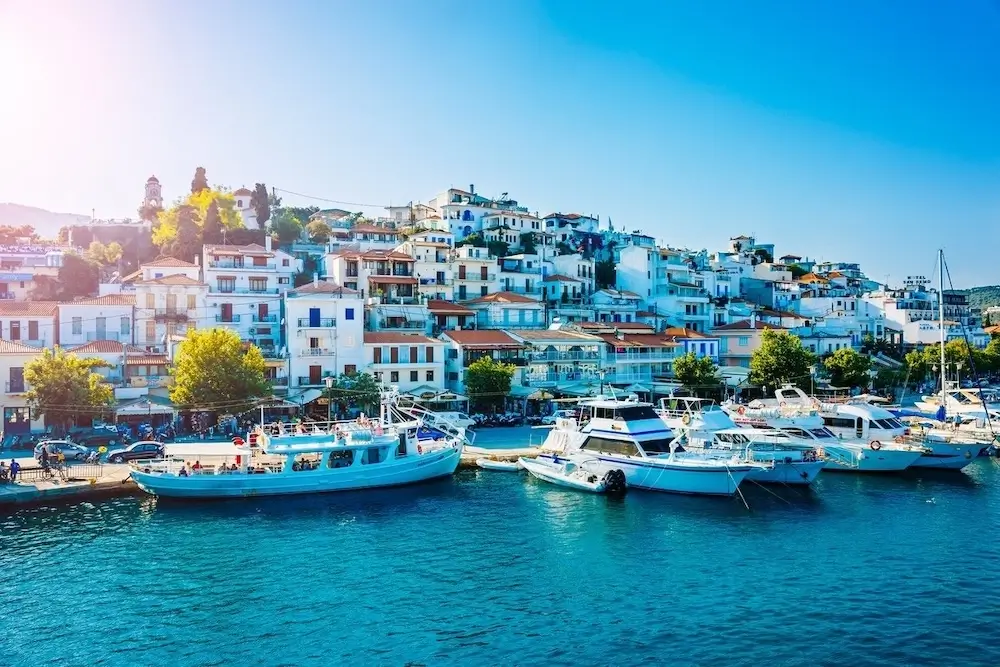
Which Greek Islands Are Recommended for First-Time Visitors?
With over 6,000 islands and islets strewn across the Aegean and Ionian Seas, Greece is a breathtaking travel destination. Each island offers a different landscape, historical landmark, and cultural experience. It can be intimidating for first-time visitors to choose the correct island.
Useful Advice for Arranging Your First Trip to a Greek Island
Arranging your initial journey to the Greek islands may be equally thrilling and intimidating. In order to guarantee a seamless and pleasurable journey, it’s critical to contemplate the optimal periods for travel, modes of transportation, and lodging options. This section provides useful guidance to assist you in navigating these components efficiently.
The Best Occupations for Greek Island Travel
Considering the Seasons
- Peak Season (July and August): Due to the largest number of visitors during these months, beaches get congested and costs increase. On the other hand, the complete operating hours of the majority of attractions and the lively nightlife are noteworthy advantages.
- Shoulder Seasons (May-June and September-October): May–June and September–October: These times of year provide a perfect mix of pleasant weather and less visitors. In general, prices are lower, and swimming is still possible in the warm sea.
Options for Accommodation
Choosing the Ideal Accommodation
- Hotels and Resorts: The Greek islands provide a wide variety of hotels and resorts to suit all budgets and tastes of travellers.
- Villas and Apartments: Renting a villa or flat might offer comfort and seclusion for those looking for a more private or prolonged vacation.
- Traditional Guesthouses: If you want to be treated like a true Greek, stay in a traditional guesthouse; these are particularly common in tiny communities.
Transport on the Islands
Finding Your Way Around
- Ferries: The most popular means of travelling between islands, ferries run often and offer beautiful scenery as they go.
- Flights: Airports with both domestic and international flights can be found on larger islands such as Crete, Rhodes, Corfu, and Santorini.
- Local Transport: There are plenty of buses, taxis, and rental automobiles available. Consider hiring an ATV or scooter for greater freedom; these vehicles are well-liked by visitors.

Which Greek Islands Are Recommended 6
Cultural Perspectives and Protocols
Accepting Regional Customs
Comprehending and honouring regional traditions and manners might enhance your trip and facilitate a closer bond with the residents.
- Greetings: Good morning or good evening greetings such as “Kalimera” or “Kalispera” can make a big difference.
- Dress Code: Cover your knees and shoulders when you attend places of worship to show respect for their teachings.
- Tipping: It is common to leave a small gratuity in restaurants and for services rendered, however it is not required.
Security and Well-being
Maintaining Health and Safety
- Travel Insurance: Make sure you have insurance that will pay for medical costs as well as unforeseen trip delays or cancellations.
- Stay Hydrated: Drink lots of water because the Greek sun can be very strong, especially in the summer.
- Sun Protection: Look for shade during the midday hours, wear hats, and use sunscreen.

Which Greek Islands Are Recommended 7
Conclusion
The Greek islands’ unique blend of breathtaking scenery, fascinating history, and lively culture make them an amazing travel destination for first-time travellers. You may ensure that your trip will be truly unforgettable by selecting the ideal island, learning when to go, and packing appropriately. Every minute is certain to be treasured, whether you’re exploring the ancient ruins on Delos, indulging in the local cuisine in Crete, or simply relaxing on the sun-kissed beaches of Mykonos.
Keep in mind to take things slowly, really immerse yourself in the culture, and allow the Greek islands’ breathtaking scenery to uplift and revitalise you.








